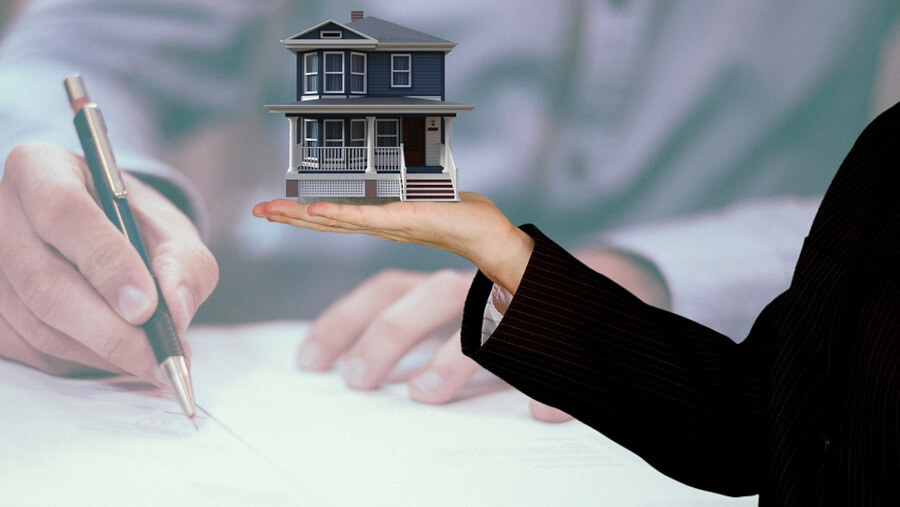Buying vs. Renting: Weighing the Pros and Cons
The age-old debate of buying versus renting a home remains a significant decision in one's life. It's a choice that affects not only your financial well-being but also your lifestyle, long-term investment goals, and overall stability. Both options have their merits and drawbacks, and making the right decision requires a careful evaluation of your circumstances and priorities. In this article, we will explore the advantages and disadvantages of buying a home versus renting, considering factors like long-term investment, financial stability, and lifestyle preferences.
Advantages of Buying
- Long-term Investment: One of the most significant advantages of buying a home is the potential for long-term financial gain. Real estate often appreciates over time, making homeownership a valuable asset. When you buy a home, you are building equity as you pay down your mortgage, and if the property appreciates in value, you stand to make a profit when you decide to sell.
- Financial Stability: Owning a home can provide a sense of financial stability and security. Monthly mortgage payments may remain relatively stable over time, unlike renting, where landlords can increase rent annually. This stability helps with budgeting and financial planning.
- Control and Personalization: Homeownership offers the freedom to personalize and modify your space as you see fit. You can invest in renovations and upgrades to create the living environment that suits your taste and needs. This level of control and personalization is often not possible in a rental property.
- Tax Benefits: In many countries, homeowners can take advantage of tax deductions, such as mortgage interest deductions and property tax deductions. These can provide financial incentives for homeownership.

Disadvantages of Buying
- Upfront Costs: Buying a home typically requires a substantial upfront investment. You need to have a down payment, which can be a significant amount, along with closing costs, moving expenses, and potential renovation costs.
- Ongoing Costs: Homeownership comes with various ongoing expenses, including mortgage payments, property taxes, insurance, maintenance, and repairs. These costs can add up and may be higher than the monthly rent.
- Less Flexibility: When you own a home, you have less flexibility to pick up and move if you decide to change locations for work or personal reasons. Selling a property can be a lengthy process, and market conditions can affect your ability to do so quickly.
Advantages of Renting
- Lower Upfront Costs: Renting requires a much smaller upfront financial commitment. You typically need to pay a security deposit and possibly the first month's rent, making it a more accessible option for those with limited savings.
- Flexibility: Renting provides flexibility in terms of location and housing type. If you need to move for a job, it's easier to terminate a lease than to sell a property. This is especially beneficial for individuals who value mobility or anticipate relocating in the near future.
- Fewer Responsibilities: As a tenant, you are not responsible for property maintenance or repairs. These duties fall to the landlord, which can save you time and money.
- No Property Value Risk: Renters are not exposed to the risk of property depreciation. While homeowners may experience a decline in property value due to market fluctuations, renters are not affected by these factors.
Disadvantages of Renting
- No Equity Building: When you rent, your monthly payments go towards your landlord's income rather than building equity for yourself. Over time, this can mean missing out on a potentially lucrative long-term investment.
- Lack of Control: Renters have limited control over their living space. They cannot make significant structural changes or upgrades without the landlord's approval.
- Rent Increases: Rent can increase at the landlord's discretion, making long-term budgeting challenging. Rental rates can also be subject to the local housing market, potentially leading to unaffordable conditions.
Summary
The decision to buy or rent a home is not a one-size-fits-all choice. It depends on your financial situation, lifestyle preferences, and long-term goals. Buying a home can be a solid long-term investment, offering stability and the opportunity to build equity. However, it comes with upfront and ongoing costs and a lack of flexibility.
Renting provides flexibility, lower upfront costs, and fewer responsibilities but doesn't offer the same potential for building equity or long-term financial gains. Ultimately, the choice between buying and renting should be based on careful consideration of your unique circumstances and priorities.
